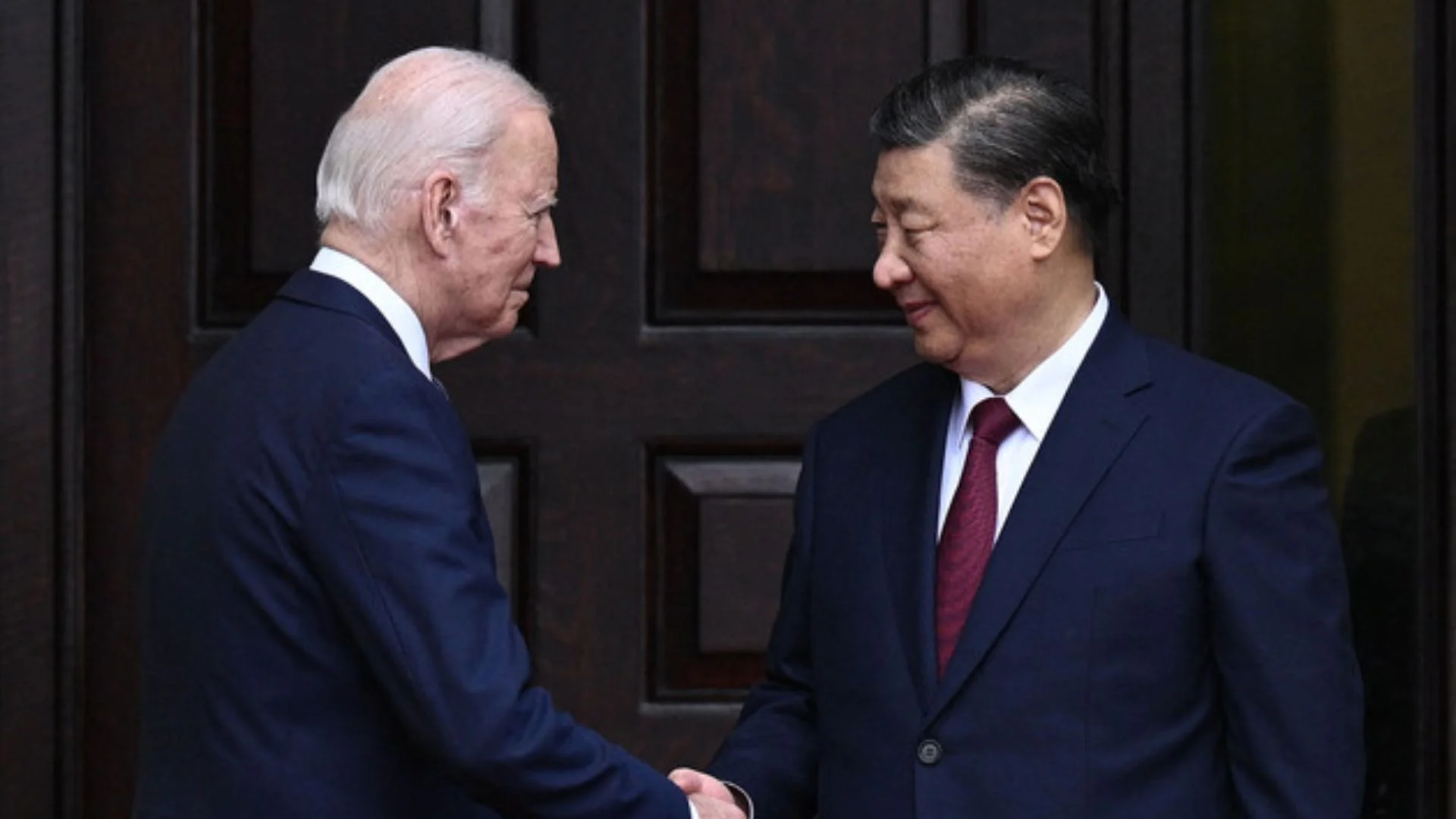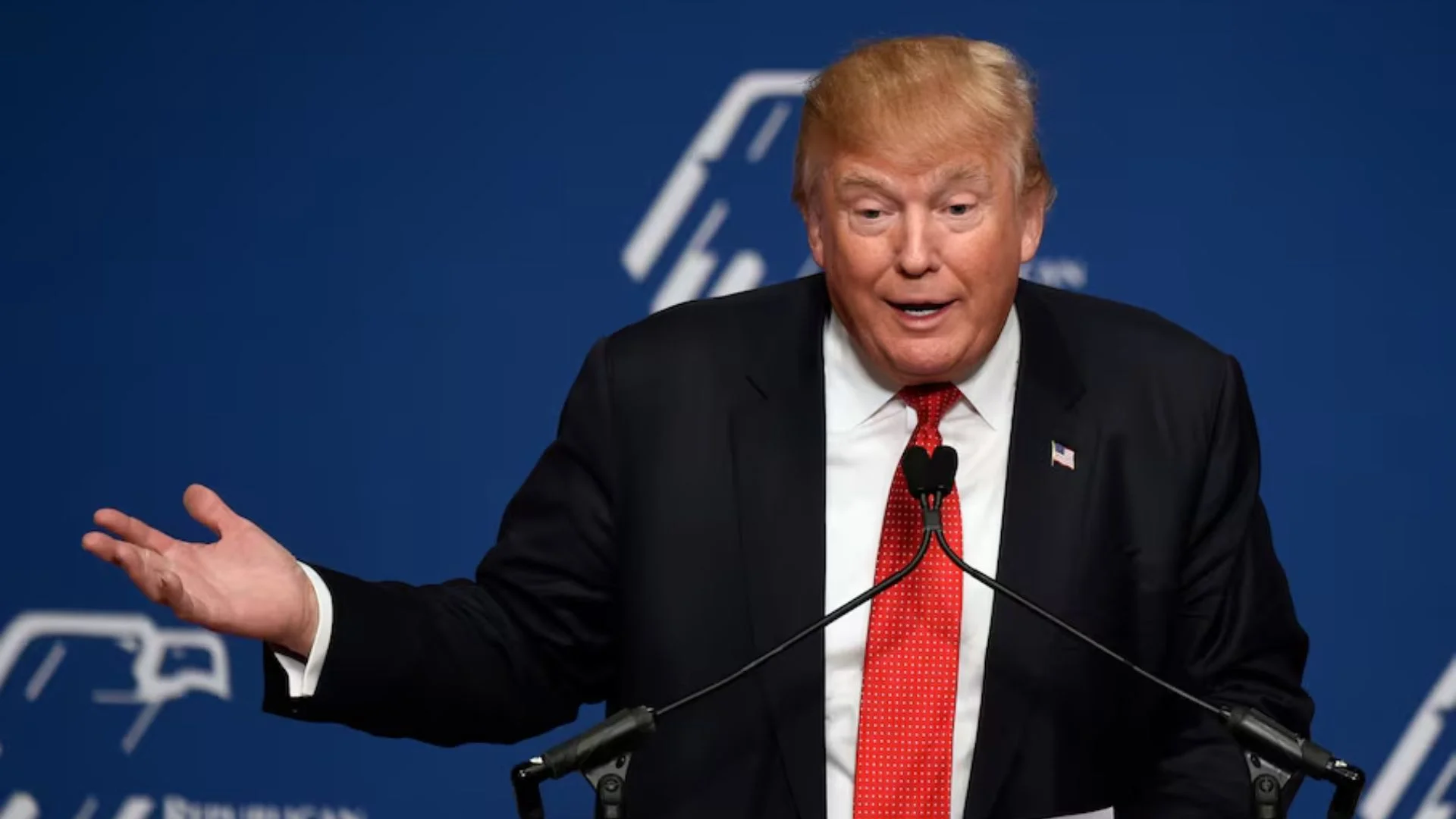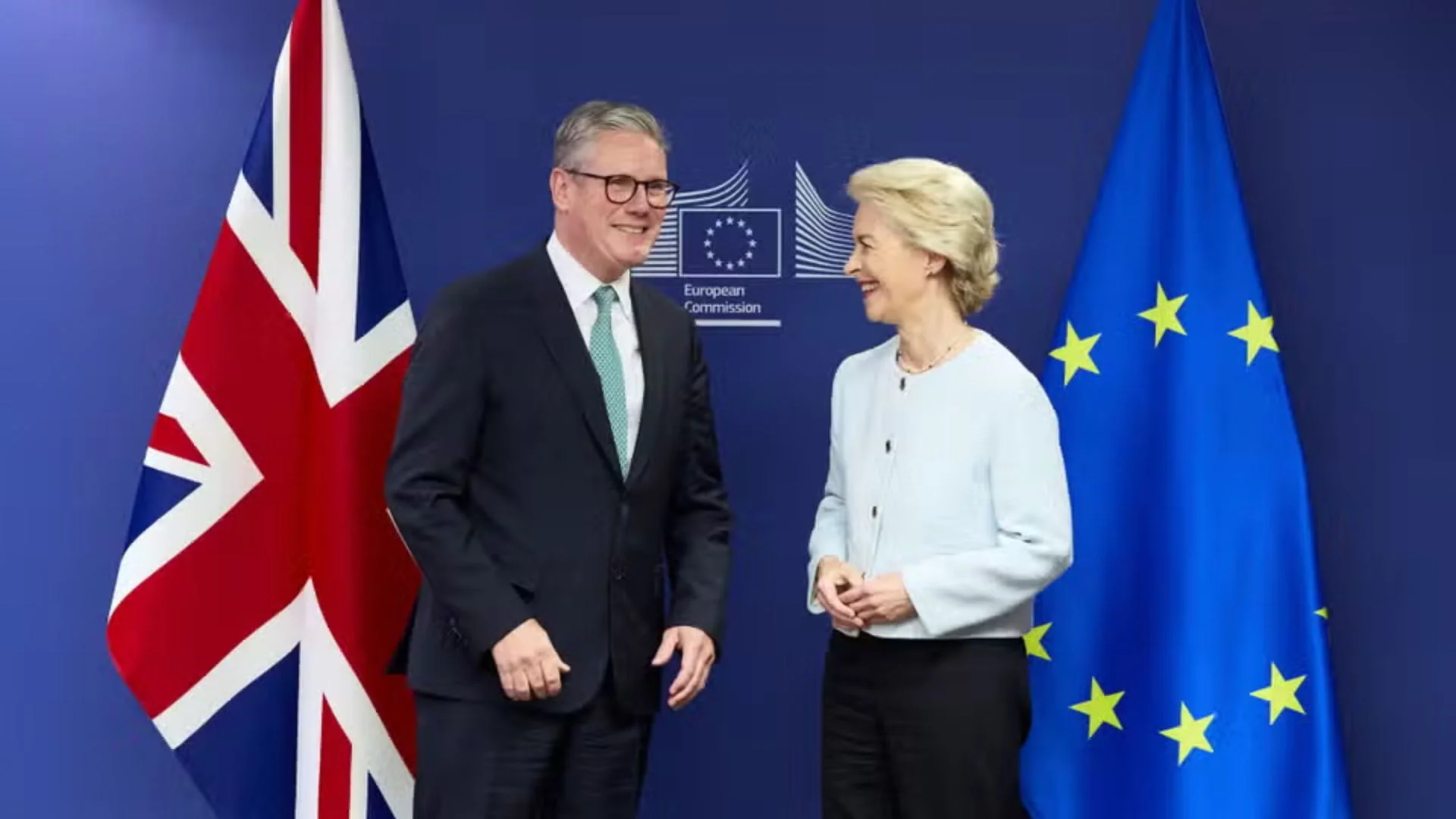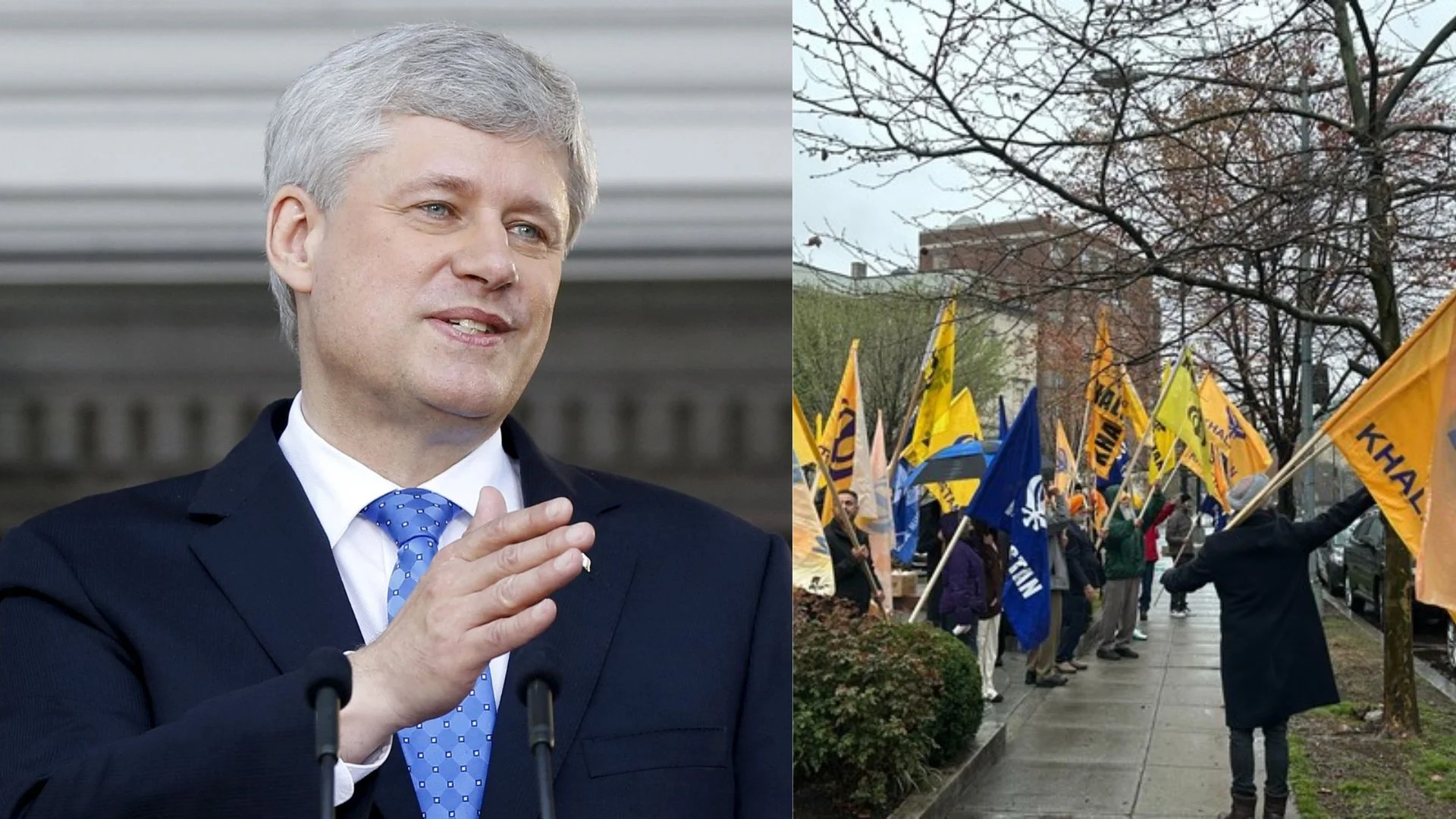
A week after India refused to endorse China’s Belt and Road Initiative (BRI) at the Shanghai Cooperation Organisation (SCO) summit in New Delhi, Beijing has accelerated efforts to complete the pending projects in Nepal, previously announced by the Chinese government in 2019 and 2019 under the controversial BRI. China and Nepal have reached an agreement to accelerate the completion of the projects under BRI to boost infrastructure in the landlocked Himalayan nation. The agreement was reached during a recent meeting between the vice chairman of Nepal’s National Planning Commission (NPC), Dr Min Bahadur Shrestha, and Chong Liang, the vice chairman of the Chinese government’s National Development and Reform Commission (NDRC), which oversees the implementation of the Belt and Road Initiative (BRI). The development assumes significance as it has come just a week after India refused to sign on the paragraph supporting the Belt and Roads Initiative (BRI) in the New Delhi declaration issued at the end of the SCO summit. The BRI is China’s President Xi Jinping’s pet project, through which Beijing gains access to resource-rich and strategically significant terrain in various regions. China’s ulterior motive is also to expand its influence in the neighbourhood of India in a bid to gain strategic advances and upper-hand in the region. China-Pakistan Economic Corridor (CPEC) is a so-called project under BRI which Beijing is using for strategic purposes. There is no denying that small, poor and weak countries like Pakistan and Nepal are succumbing to the BRI temptation. So, India needs to be extremely cautious against the latest development about Nepal and China reaching an agreement to complete the pending projects under BRI. What is also notable is that China is seeking to accelerate its BRI projects across the globe in an attempt to send out a message that Xi Jinping’s dream project is acceptable in various countries. Beijing has chosen Kathmandu to resume its BRI projects from. Nepal Prime Minister Pushpa Kamal Dahal “Prachanda” is expected to visit China in September. What India needs to keep an eye on is how Xi Jinping in talks with Dahal plans about going ahead with the BRI projects. According to reports, during the recent meeting between the Nepalese and Chinese officials, both parties discussed the progress in implementing various programmes and projects announced by the Chinese government and stressed the need for expeditious completion of preparatory work on both sides to accelerate major connectivity projects in line with the previously agreed-upon commitments. It is the connectivity projects on which China is focused more. Diplomatic and security establishments in India must take note of which connectivity projects China and Nepal are going to focus on. It goes without saying that China is keen to give fillip to the connectivity projects that have to do with the Nepalese regions close to India. With this in view, New Delhi must be doubly cautious about China’s future course of action in terms of the pending BRI projects in Nepal. Needless to say, India and Nepal have deep ties which were strengthened all the more during the visit of the Nepalese prime minister to New Delhi last month. India and Nepal bilateral relations gained new heights during Prachanda’s meeting with Prime Minister Narendra Modi. The Nepalese leader assured India of not allowing his country’s territory to be used for any anti-India activities. But despite all assurances, India needs to follow China-Nepal meetings closely so as to prepare its strategy accordingly. Undeniably, China has been actively investing in Nepal in many infrastructure projects to boost closer cooperation between the two neighbours. India needs to more aggressively carry out its campaign against the USD 60 billion China-Pakistan Economic Corridor (CPEC) which is the flagship project of the BRI. India has strongly protested to China over the CPEC as it is being laid through Pakistan-occupied Kashmir (PoK). India has always opposed the BRI, as it says the CPEC violates India’s territorial integrity and sovereignty. After the SCO Foreign Ministers’ meeting in Goa, External Affairs Minister S. Jaishankar had categorically pointed out that connectivity is good for progress, but it cannot violate territorial integrity and sovereignty of states. He was asked to comment on China’s assertion that CPEC is a project for connectivity for the progress and development in the region. India must continue to voice its concerns at all the international forums even as China plans to extend its controversial CPEC project to regional countries, including Afghanistan.















